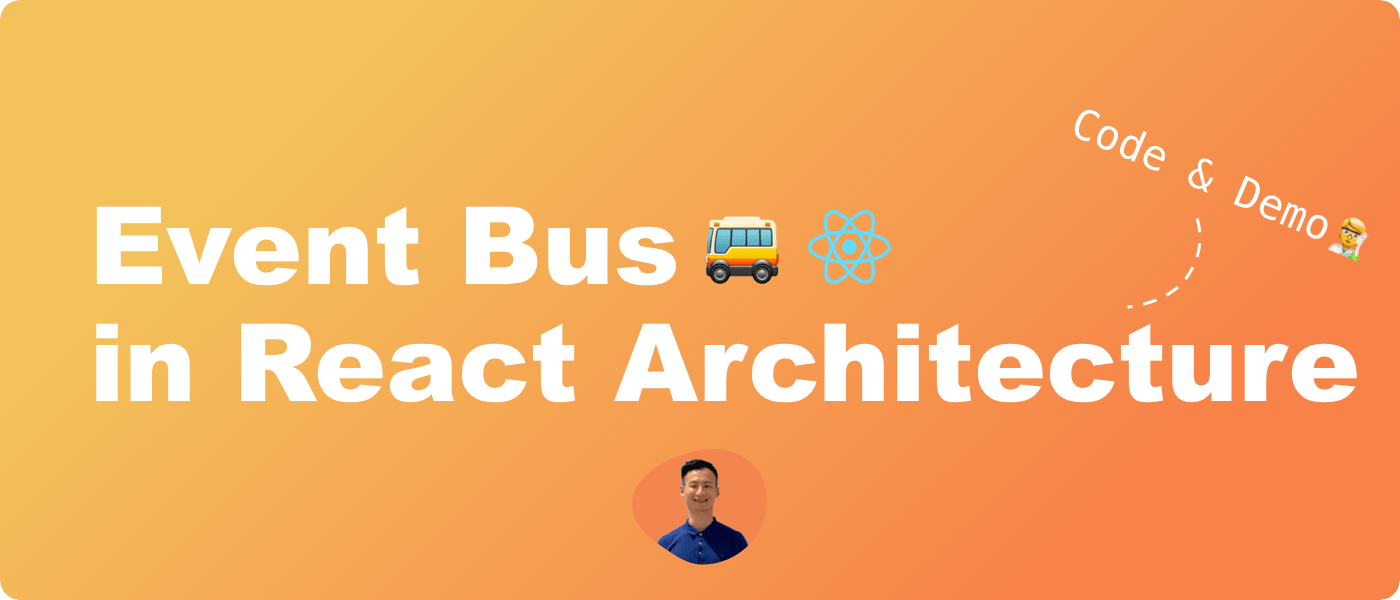2,895 reads
Writing an Event Bus for React
by
August 2nd, 2022
Audio Presented by

I write for engineers. I write about web technology, coding patterns, and best practices from my learnings.
About Author
I write for engineers. I write about web technology, coding patterns, and best practices from my learnings.
